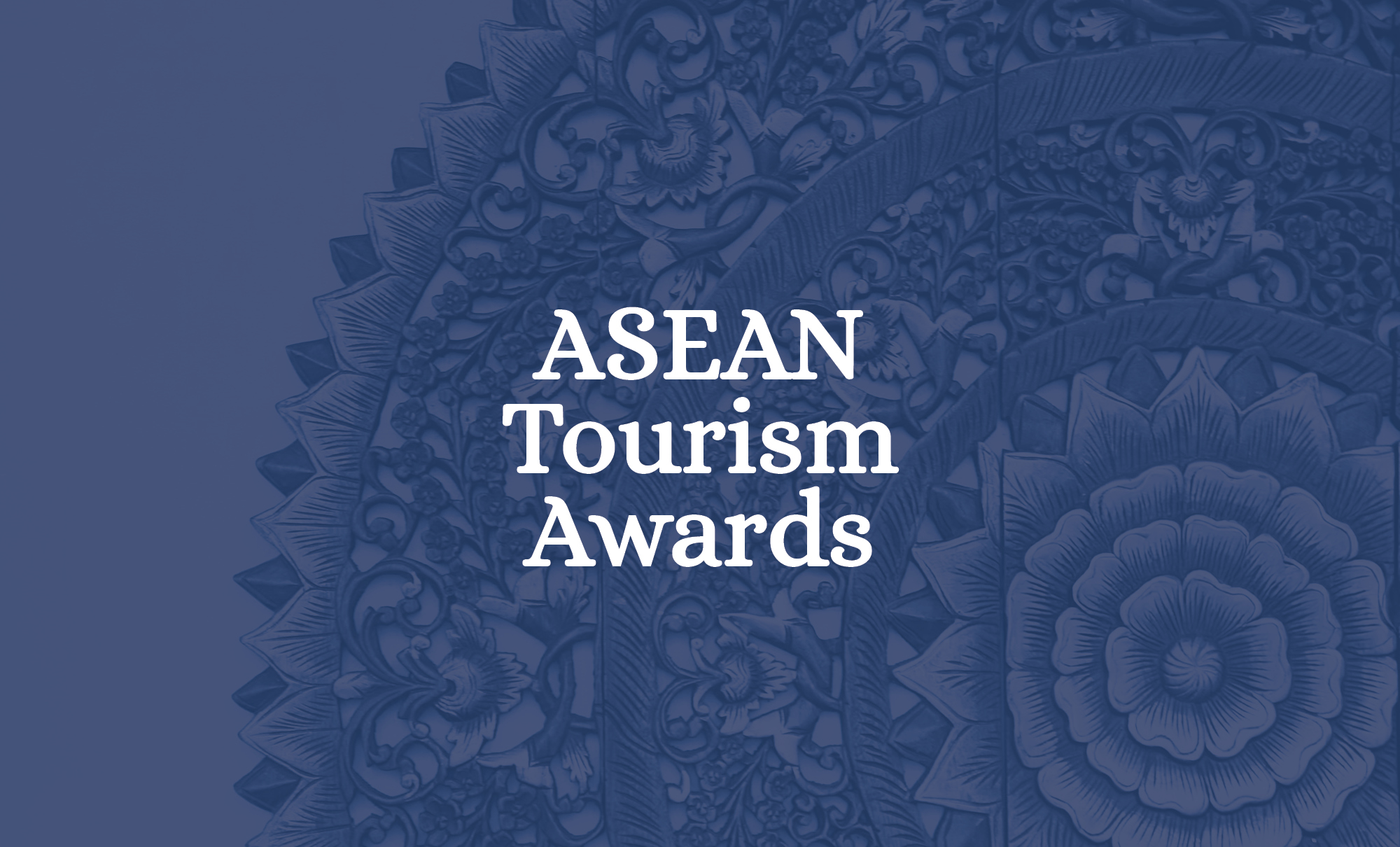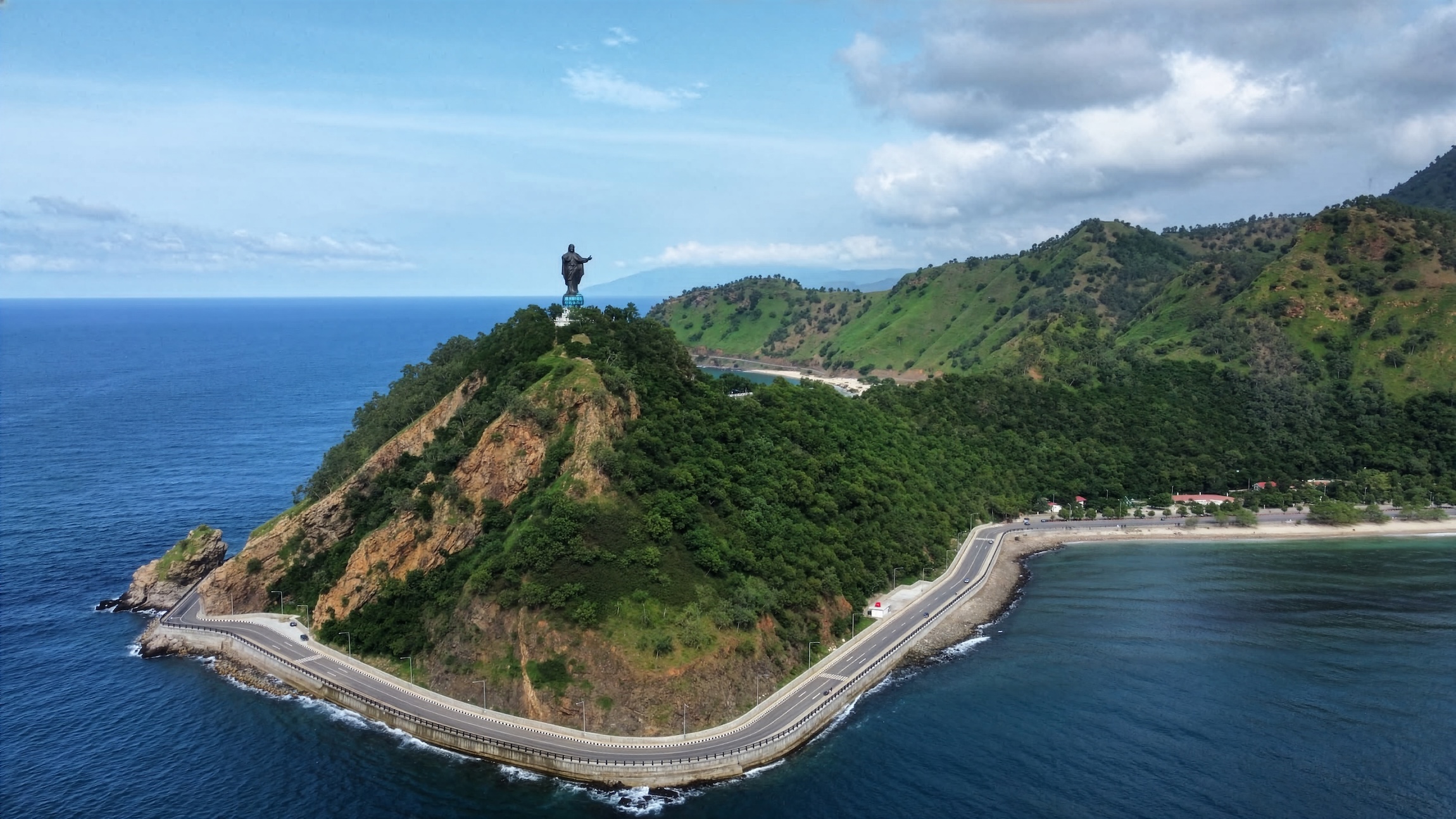





Environmental changes have been wreaking havoc on Southeast Asian communities.
Children are not spared from the adverse impact of these environmental changes. In fact, children are far more vulnerable to climate- related disasters due to their psychological, immunologic, and cognitive differences compared to their adult counterparts (Columbia University Mailman School of Public Health, 2018). They are also at a higher risk of exposure to smoke and haze caused by the region’s seasonal forest fires, which can significantly increase cases of asthma and upper respiratory tract infections (Sahani, et al., 2014). Children are the cornerstone of ASEAN’s sustainable future; thus, early attention and children’s commitment to sustainability and environmental education are essential.
Given these considerations, regional efforts towards ensuring children’s right to a healthy environment are among ASEAN’s priorities. It is essential to educate and engage children to be agents of change for a better and more sustainable future. Environmental education could be an effective tool to improve the environmental knowledge, attitude, intentions, and behaviour of children and instil a sense of responsibility for their future. With children comprising a significant proportion of the ASEAN population, they can be vital assets in building long term solutions to cope with the future environmental challenges in our region.
At the regional level, all ASEAN Member States have made several important commitments to protect the rights of children, including by ratification of three key Conventions: the Convention on the Rights of the Child (CRC), the Convention on the Elimination of Violence against Women (CEDAW), and the Convention on the Rights of Persons with Disabilities (CRPD).
Further, under the framework of ASEAN cooperation on environment, ASEAN Member States have taken concrete steps to include children in regional environmental initiatives and empower them to take care of the environment. The ASEAN Working Group on Environmental Education (AWGEE) was established in 2008 to institutionalise ASEAN’s commitment to environmental education and public participation.
AWGEE has developed the ASEAN Guidelines on Eco-Schools, which set the regional standards for model environmentally friendly schools. The guidelines serve as the basis for choosing the winners of the ASEAN Eco-schools Awards, conferred every three years to schools in each Member State that carry out eco-friendly school policies and practices, integrate environmental education in the curricula, and conduct communityoutreach activities. The first ASEAN Eco- schools Awards was held in 2012 and have since been held twice (2015, 2019).
The ASEAN Guidelines on Eco-Schools is part of the ASEAN-Eco-School Programme, established to promote a green and eco- friendly culture in school communities. Under the programme, a range of initiatives to raise awareness on, protect and conserve the environment have been accomplished, such as mangrove planting, school gardening, energy conservation, rainwater harvesting, water conservation, and waste management training.
AWGEE also actively collaborates with development partners to conduct awareness-raising activities for children in the region.
The ASEAN Member States have their own programmes for educating and engaging children on environmental protection and sustainable practices. Through these, they show a strong commitment to ensuring children’s inclusion, as articulated in the CRC, the ASEAN Declaration on the Rights of Children in the Context of Migration, and the Joint Statement on Reaffirmation of Commitment to Advancing the Rights of the Child in ASEAN.
ASEAN and its Member States will work more on environmental education and eco- school programme with children, including more field work to discern effective environmental education. Through these efforts, ASEAN can help young people transform into environmentally conscious and engaged stakeholders.








